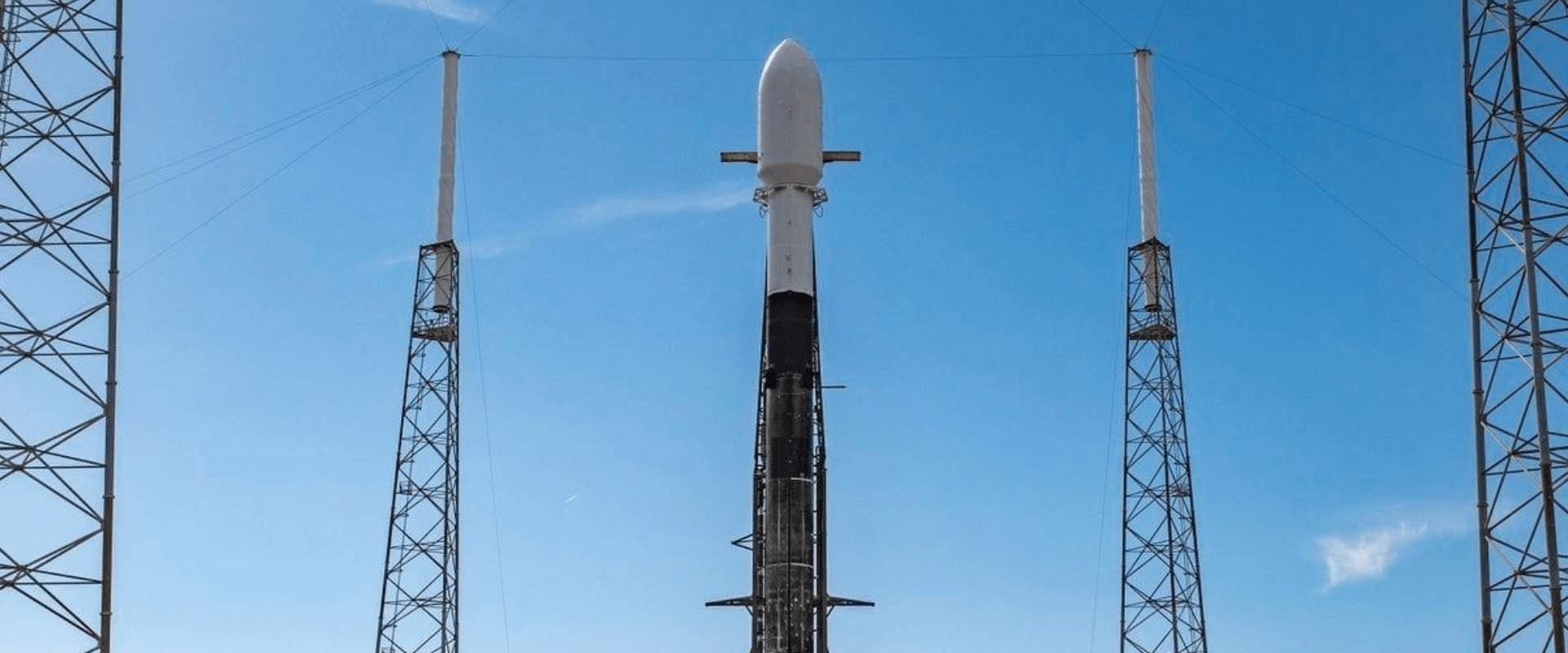Bio-nanosatellite of Wroclaw scientists successfully sent into space

Wroclaw universities, research institutes and SatRevolution company have designed the first Polish bio-nanosatellite, which was launched into space. The scientists sent into space, among others, oncology drugs and fungi.
